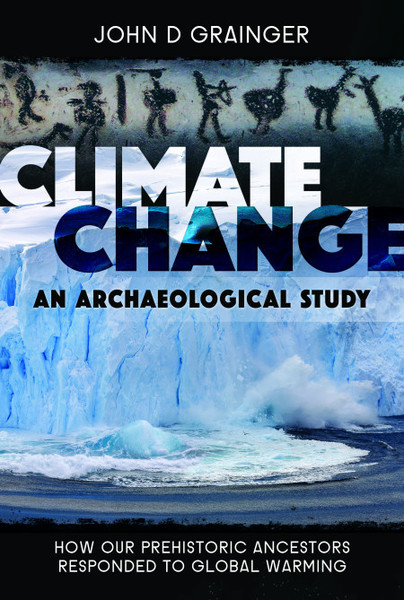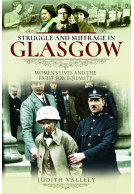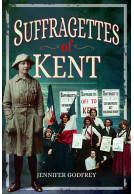Climate Change: An Archaeological Study (Hardback)
How Our Prehistoric Ancestors Responded to Global Warming
Imprint: Pen & Sword History
Pages: 224
Illustrations: 100 colour & black and white illustrations
ISBN: 9781526786548
Published: 26th November 2020
(click here for international delivery rates)
Need a currency converter? Check XE.com for live rates
| Other formats available - Buy the Hardback and get the eBook for £1.99! | Price |
|---|---|
| Climate Change: An Archaeological… ePub (57.0 MB) Add to Basket | £6.99 |
Global warming is among the most urgent problems facing the world today. Yet many commentators, and even some scientists, discuss it with reference only to the changing climate of the last century or so. John Grainger takes a longer view and draws on the archaeological evidence to show how our ancestors faced up to the ending of the last Ice Age, arguably a more dramatic climate change crisis than the present one. Ranging from the Paleolithic down to the development of agriculture in the Neolithic, the author shows how human ingenuity and resourcefulness allowed them to adapt to the changing conditions in a variety of ways as the ice sheets retreated and water levels rose. Different strategies, from big game hunting on the ice, nomadic hunter gathering, sedentary foraging and finally farming, were developed in various regions in response to local conditions as early man colonized the changing world. The human response to climate change was not to try to stop it, but to embrace technology and innovation to cope with it.
The thesis of this book is that climate change is nothing new, even during the few tens of thousands of years that mankind has been on Earth. Our ancestors had to endure the Ice Age (or more properly the Glacial Maximum of the present Ice Age) and then the gradual warming of the planet, the retreat of the ice and rising sea levels. Grainger describes how humans adjusted to these changes, drawing on archaeological evidence for all over the world, culminating in the invention of agriculture.
Edward James - Historical Novels Review
Grainger also argues that we would be better advised to adapt to future changes rather than try to prevent them. Whether or not one agrees with this, this is a very interesting and informative book, exploring the little known 'mesolithic' period of prehistory and covering parts of the world whose archaeology we seldom read about. He makes a strong case that civilisation as we know it is a response to climate change.
Article: ‘Town author’s climate book’, words by Tom Banner
Evesham Journal, 11th March 2021
In summary, the descriptive chapters that form the bulk of the book are a useful compendium of human cultural evolution during the latest geological periods.
Proceedings of the Open University Geological Society, vol. 7, 2021
As featured by
Laboratory News, January 2021
Grainger expertly dissects relevant archaeological evidence to explain what these findings teach us about humanity’s versatility during our occupation of the globe. Filled with surprising information… this book will leave you thinking about just how much the world has changed, and how different our approaches are to today’s climate crisis.
How it Works, February 2021
About John D Grainger
JOHN D GRAINGER is a former teacher and historian of great experience with a particular interest in Classical and Hellenistic Greek history. His many previous works include the following for Pen & Sword: Hellenistic and Roman Naval Wars (2011); The Wars of the Maccabees (2012); Roman Conquests: Egypt and Judaea (2013); a three-part history of the Seleukid Empire (2014-16), King’s and Kingship in the Hellenistic World 350-30 BC (2017), Antipater’s Dynasty (2018), Ancient Dynasties (2019, The Roman Imperial Succession (March 2020), The Straits from Troy to Constantinople (2021) and The Forty Sieges of Constantinople (2022). He lives in Evesham, Worcestershire.





















